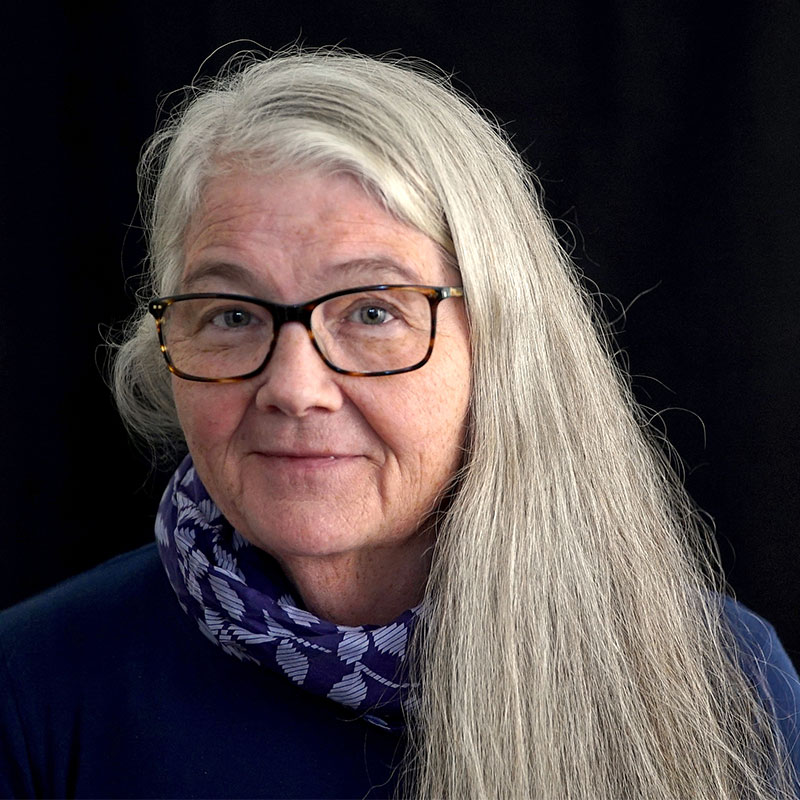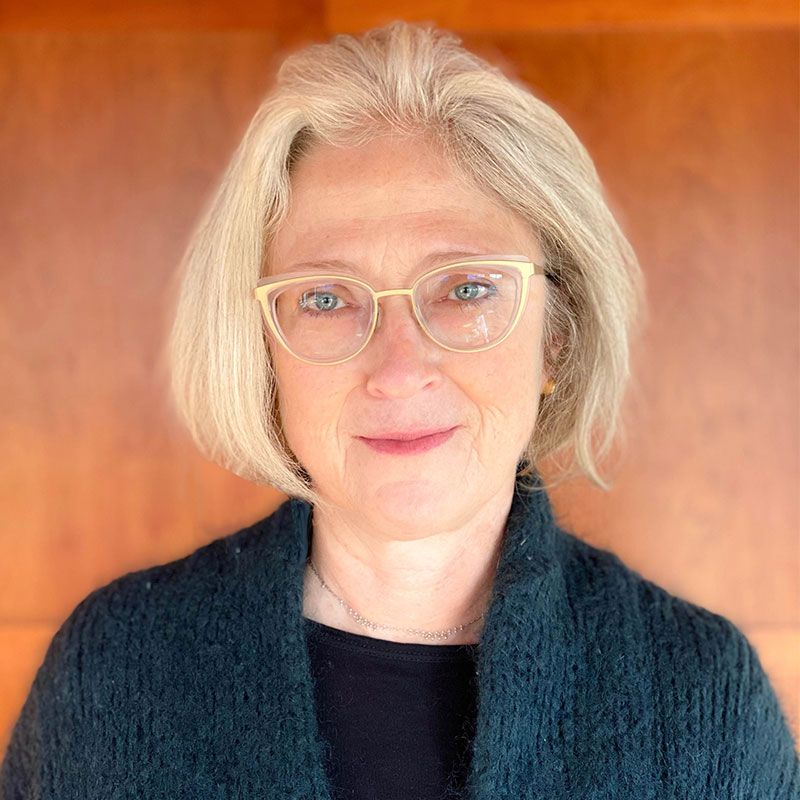By Mary Kay Delaney and Susan Jean Mayer, editors, In Search of Wonderful Ideas
Mary Kay Delaney is currently visiting clinical professor at Morgridge College of Education, University of Denver and formerly professor at Meredith College. Susan Jean Mayer has worked in curricular development and teacher education and writes on a range of issues related to democratic K–12 practice and the study of learning within schools.
The following is a brief excerpt of an interview that we, the coeditors of In Search of Wonderful Ideas: Critical Exploration in Teacher Education, conducted with one of our chapter authors, Lisa Schneier, and another colleague of ours Paula Hooper.
Lisa and Paula together taught the most recent iteration of Eleanor Duckworth’s introductory Teaching and Learning course at the Harvard Graduate School of Education. This course has centered on what we have termed a “teaching-learning research practice” called Critical Exploration in the Classroom. We asked Lisa and Paula to speak about their rationale for introducing explicit discussion of cultural context, including racism and other forms of systematic exclusion, into their recent iteration of the course. Their introduction of critical frameworks into their teaching of a practice rooted in the study of children’s thinking can be seen to align with the blended pedagogical framework Mary Kay Delaney designed for one of her courses and which she discusses in chapter 4 of our new book. The interview has been lightly edited for readability.
Susan: Lisa, you have said that taking Eleanor’s Teaching and Learning course [in the mid 1980s] was a profoundly liberatory and political experience for you … you also spoke of the two premises of that course. One was the valuing of the learner experiences and insights, and the second that every person can get involved in and good at every subject matter. And you said that you and Paula had added a third premise—explicit examination of cultural context and identity as a necessary dimension to understanding learners’ ideas, including the question of how to address issues of power and privilege in the design of learning environments.
What was happening on the ground that suggested the need for you to move in this direction?
Lisa: I have felt that deep in the beliefs, the philosophy, and the practical approach of [Duckworth’s Teaching and Learning] course and of the work that it embodies—Critical Exploration as it’s now called—there is a liberatory core and that, for me, does have to do with the premises you read. It has to do with the knowledge of learning as deep in each human being, immeasurable for each of us. And you know, it gets explicated continually in different ways throughout the work of the course in all sorts of details and all sorts of subject matters.
At the same time, the structure of power in our history in this country and in the world doesn’t get explicitly addressed. … There’s certainly a focus on authority in the course that’s been there the whole time and also a rethinking of that, in terms of learners—the idea of authority belonging to each learner in terms of their own thinking as opposed to being kind of just brought in by the teacher. But the power structures that have been oppressive in our history and continue to be in our contemporary society and work, you know, work themselves out in so many ways in education—in schools and other education environments. And those, I felt, in teaching the course, and even as a student in my later years when I was a Teaching Fellow, those weren’t being explicitly enough addressed in the class.
…
I began to hear that echoed in the students. And so, hearing these concerns from outside of myself also supported the feeling that we needed to make more explicit how those power relationships are addressed in this work, and if they’re not addressed in this work, how they’re not addressed in this work, and that’s how we came, Paula and I, to look together at those questions in the last year that we taught the course.
Paula: I have been in conversation with Eleanor about the need to make ideas around equity and social justice more explicit in the work of her Teaching and Learning course for many years, and in conversation with other people in the critical exploration community about that need. I, as an African American woman, felt like I couldn’t not address that need explicitly. But I felt like there was a way of thinking that critical exploration in itself, because of the valuing of learners’ perspectives and putting that learner in authority—that that is a position that can advance equity and social justice. From my experience, both working with students of color and being a learner of color and, as well, doing this work in education and teacher education, I’ve come to believe that [the stance of putting the learner in authority] is not enough. We need to be explicit about what it means to have teaching practices that value student voices, that are inclusive of the places that their voices come from in their experience. [Attending to cultural lives] is a part of making sense of someone’s ideas around a particular subject matter, and teachers will get a stronger sense of what critical exploration is really about—in order to use it as a transformative tool for and towards equity and social justice—if they learn the idea of critical exploration in concert with ideas around equity and social justice.
…
Lisa: To me, the essential element of [the Teaching and Learning course] is, it’s about learning. It’s a course that probes into our human capacities to learn and how those come up against the kind of reductiveness that we encounter in the conceptions of learning and teaching that are dominant in our society. And it comes up against those [conceptions] in powerful ways, very specific ways. The practice of the course is, you know, it’s all about practicing learning in different contexts where those environments are set up in order to free our capacities. And as that core interacts with our inclusion of all human beings, that’s where the equity issues come in, human beings’ experiences in our history and in our contemporary society in terms of the systematic attempts to suppress human capacity. So that’s kind of how we got to see [explicit consideration of lived cultural experience, power, and privilege] as part of the core of the course also, part of the core of the course that strengthens the focus on what learning can be.
Read more on this and related themes in Teachers College Press’ recent release In Search of Wonderful Ideas: Critical Exploration in Teacher Education (Delaney and Mayer, Eds., 2021).
Photo by Miguel Á. Padriñán from Pexels


